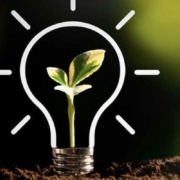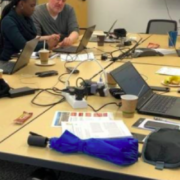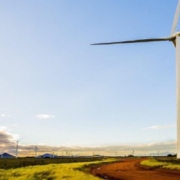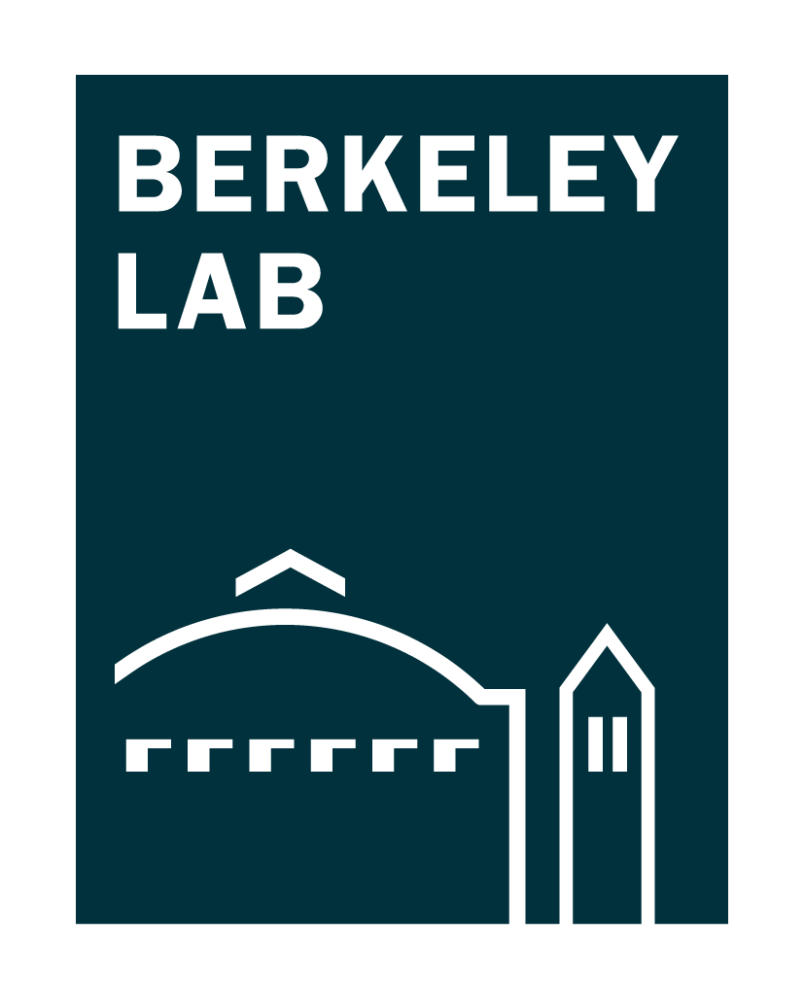LBNL Supporting Implementation of Energy Efficiency Standards in Kenya
 As part of technical assistance provided by USAID’s Kenya Energy Regulatory Partnership Program to develop capacity building on energy efficiency and energy management, LBNL participated in a webinar convened by the National Association of Regulatory Utility Commissioners (NARUC) on October 18th for the local USAID mission and for Kenya’s Energy and Petroleum Regulatory Authority (EPRA) to deliver the presentation “Standards and Labeling Implementation”. LBNL shared an overview of the process to developing regulations and standards for household appliances, international best practices in standards and labeling, information on household energy consumption dynamics, compliance/enforcement, and case studies from relevant jurisdictions. USAID is supporting EPRA as it evaluates its existing and new MEPS for appliances. The technical inputs by LBNL will contribute to improving capacity of the government to implement a successful MEPS program to improve grid reliability and ensure peak demand increases do not outpace generation.
As part of technical assistance provided by USAID’s Kenya Energy Regulatory Partnership Program to develop capacity building on energy efficiency and energy management, LBNL participated in a webinar convened by the National Association of Regulatory Utility Commissioners (NARUC) on October 18th for the local USAID mission and for Kenya’s Energy and Petroleum Regulatory Authority (EPRA) to deliver the presentation “Standards and Labeling Implementation”. LBNL shared an overview of the process to developing regulations and standards for household appliances, international best practices in standards and labeling, information on household energy consumption dynamics, compliance/enforcement, and case studies from relevant jurisdictions. USAID is supporting EPRA as it evaluates its existing and new MEPS for appliances. The technical inputs by LBNL will contribute to improving capacity of the government to implement a successful MEPS program to improve grid reliability and ensure peak demand increases do not outpace generation.
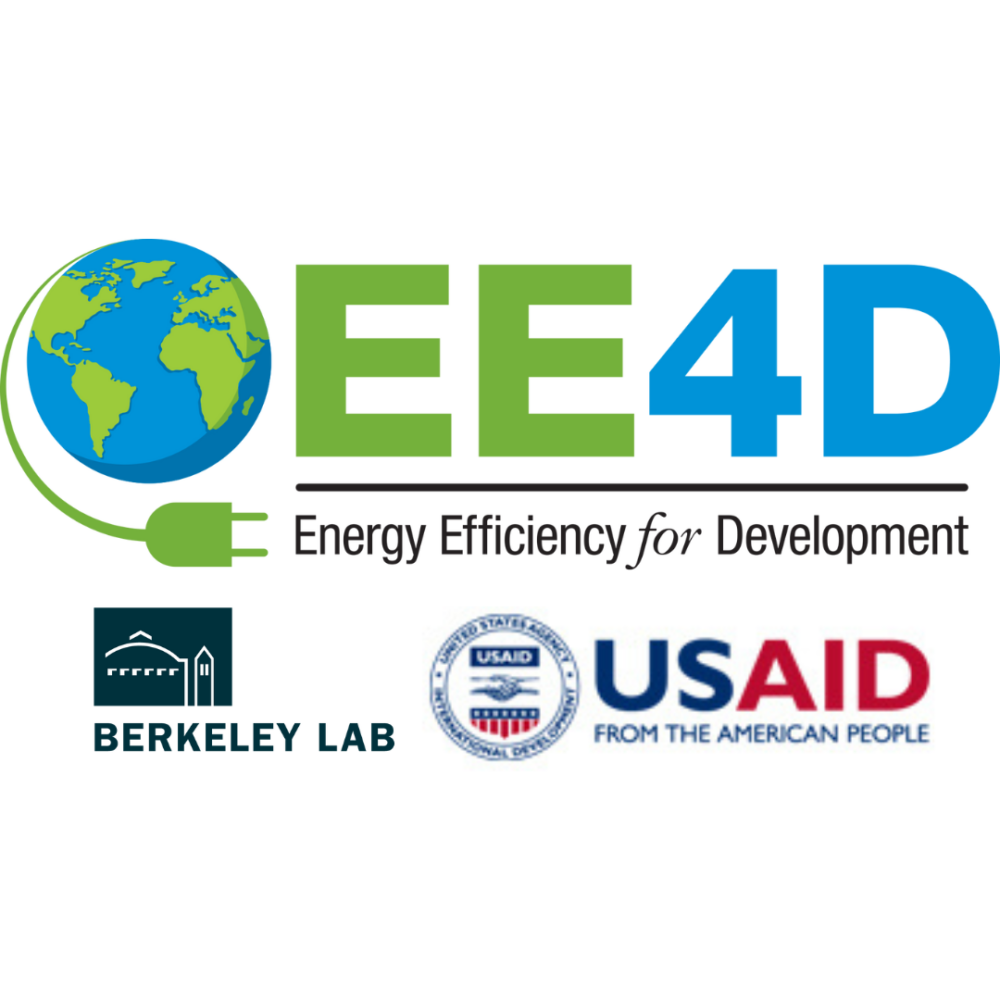
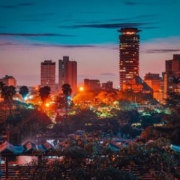

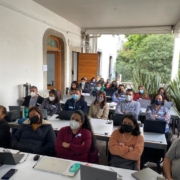
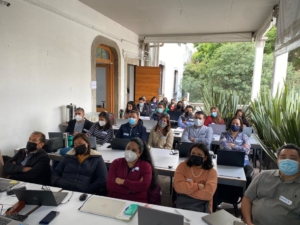
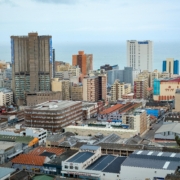
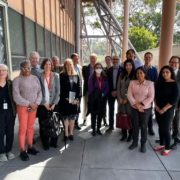
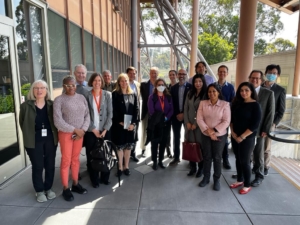 Michael McNeil, Energy and Environmental Policy Research Scientist at Berkeley Lab, provided a briefing on recent work from EE4D in South Africa and Uganda, followed by a briefing from Geothermal Systems Program Lead Pat Dobson on geothermal energy collaboration in Kenya and the Lab’s incubation program for innovative clean tech companies. Discussions also included collaboration on the Net Zero World initiative. The briefing allowed USAID/Power Africa to identify potential areas of collaboration with Berkeley Lab to advance low carbon objectives and explore funding mechanisms.
Michael McNeil, Energy and Environmental Policy Research Scientist at Berkeley Lab, provided a briefing on recent work from EE4D in South Africa and Uganda, followed by a briefing from Geothermal Systems Program Lead Pat Dobson on geothermal energy collaboration in Kenya and the Lab’s incubation program for innovative clean tech companies. Discussions also included collaboration on the Net Zero World initiative. The briefing allowed USAID/Power Africa to identify potential areas of collaboration with Berkeley Lab to advance low carbon objectives and explore funding mechanisms.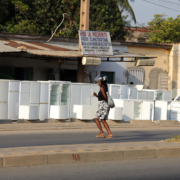
 Kelly Speakes-Backman, Acting Assistant Secretary and Principal Deputy Assistant Secretary of Energy Efficiency and Renewable Energy at DOE, highlighted the new program in remarks delivered virtually to announce a partnership between USAID and DOE to advance women’s economic empowerment and climate outcomes implemented by two DOE labs (NREL and LBNL). The program with NREL seeks to integrate gender equity into the Global Power System Transformation, while the partnership with LBNL was launched as part of the Energy Empowers East Africa program to identify key enablers for income-generation activities that can allow women to develop or create new or expand on existing businesses, leveraging improved access to energy sources and appliances.
Kelly Speakes-Backman, Acting Assistant Secretary and Principal Deputy Assistant Secretary of Energy Efficiency and Renewable Energy at DOE, highlighted the new program in remarks delivered virtually to announce a partnership between USAID and DOE to advance women’s economic empowerment and climate outcomes implemented by two DOE labs (NREL and LBNL). The program with NREL seeks to integrate gender equity into the Global Power System Transformation, while the partnership with LBNL was launched as part of the Energy Empowers East Africa program to identify key enablers for income-generation activities that can allow women to develop or create new or expand on existing businesses, leveraging improved access to energy sources and appliances.